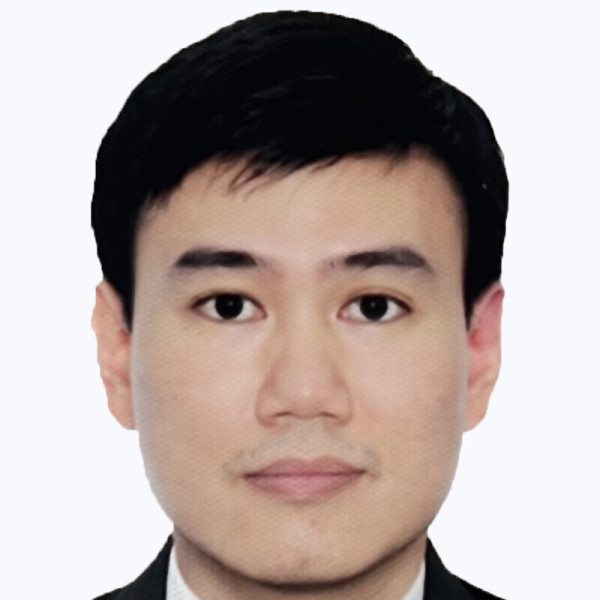

The chair of online gambling leader DigiPlus Interactive said he was open to stricter regulations but warned that government curbs could also trigger a mass shift to illegal platforms, leaving gamers unprotected.
Why attack legal players?
“Shouldn’t we address the illegal? Shouldn’t we do a massive crackdown on the illegals? Why the legal? When you make money, when we pay the right taxes,” Tanco said during a rare press briefing after the stockholders’ meeting of DigiPlus, which has seen volatile share price action amid worries over a potential gaming ban.
Just days before, Tanco issued a statement saying the company was open to doing more to support responsible gaming and tighter oversight.
But on Friday, his frustration spilled over as he questioned why illegal operators appear to get a free pass while regulated firms face heavier scrutiny.
Massive underground sector
He said online gaming currently contributes about P150 billion for Pagcor, while the illegal sector remains large with an estimated P300 billion or more.
“The minute we’re out everybody migrates to the illegal segment,” said Tanco, who also owns STI schools and cargo ports giant Asia Terminals Inc.
“That is unregulated, unmonitored and no consumer protection. They don’t play by the rules rules,” he added.
President Marcos' SONA in focus
Investors will be monitoring Monday’s State of the Nation Address by President Marcos for any potential announcement on gaming. Tanco said the President will make a reasonable assessment.
“He will weigh the pros and cons,” Tanco said.
“Now, if you really weigh the pros and cons I think he will try to increase the market share of legal gamer as against what you have now. What you have to do is just make sure everything is legal,” he added.
Balancing regulations
Some lawmakers, including Senator Sherwin Gatchalian, have floated proposals for tighter rules and stricter oversight instead of an outright ban.
“We can a little more regulation because if you overregulate it migrates to the illegal,” he said.
“There’s a balance so that you can attract the illegal to apply for licenses to be legalized,” he added.
He also stressed that any policy must accept gambling’s cultural pull in the Philippines.
“Gambling is really in the DNA of Filipino people. It will not go away,” he said. “I think what everyone wants is the illegal will shift to the legal.”

Miguel R. Camus has been a reporter covering various domestic business topics since 2009.